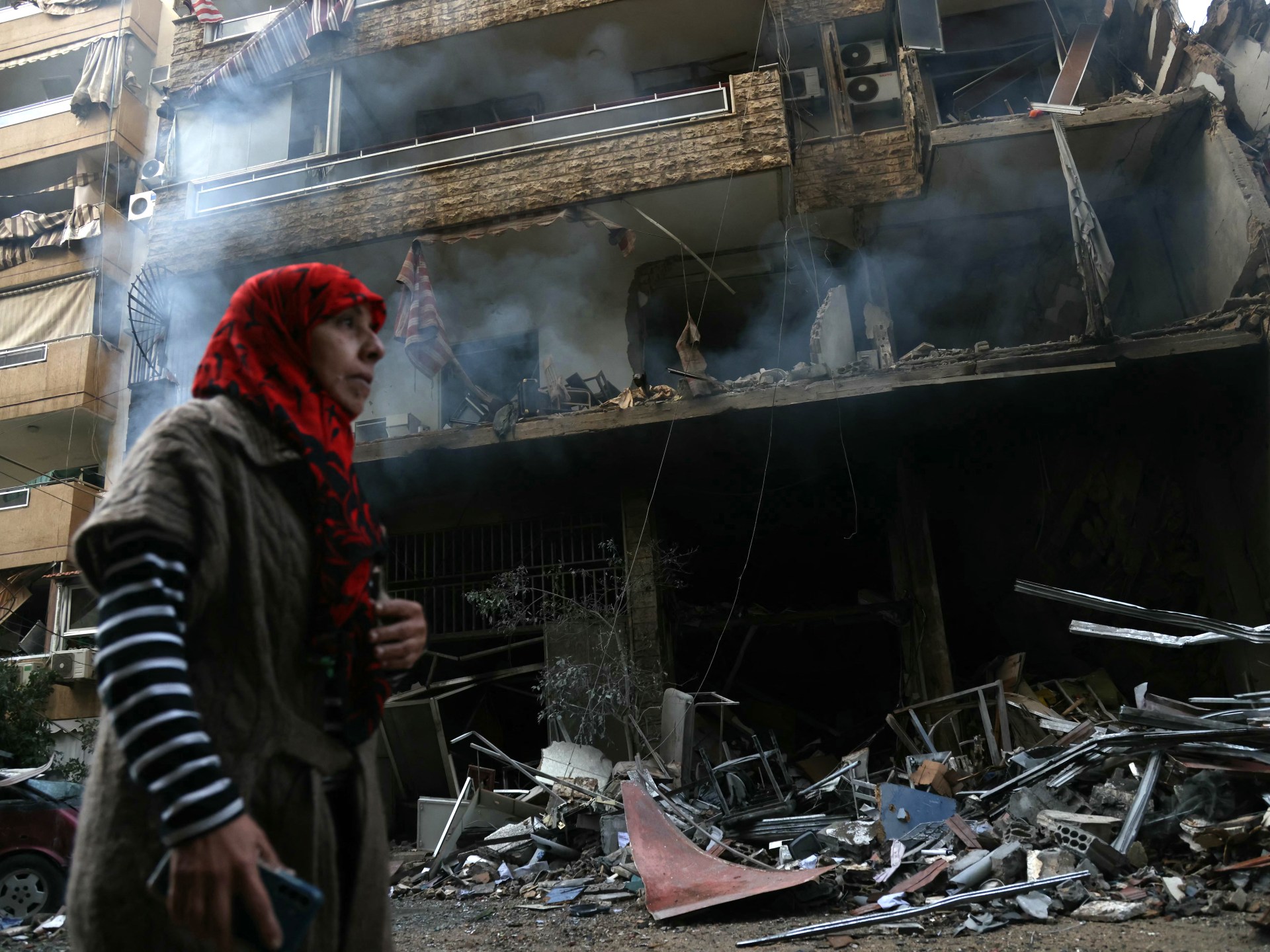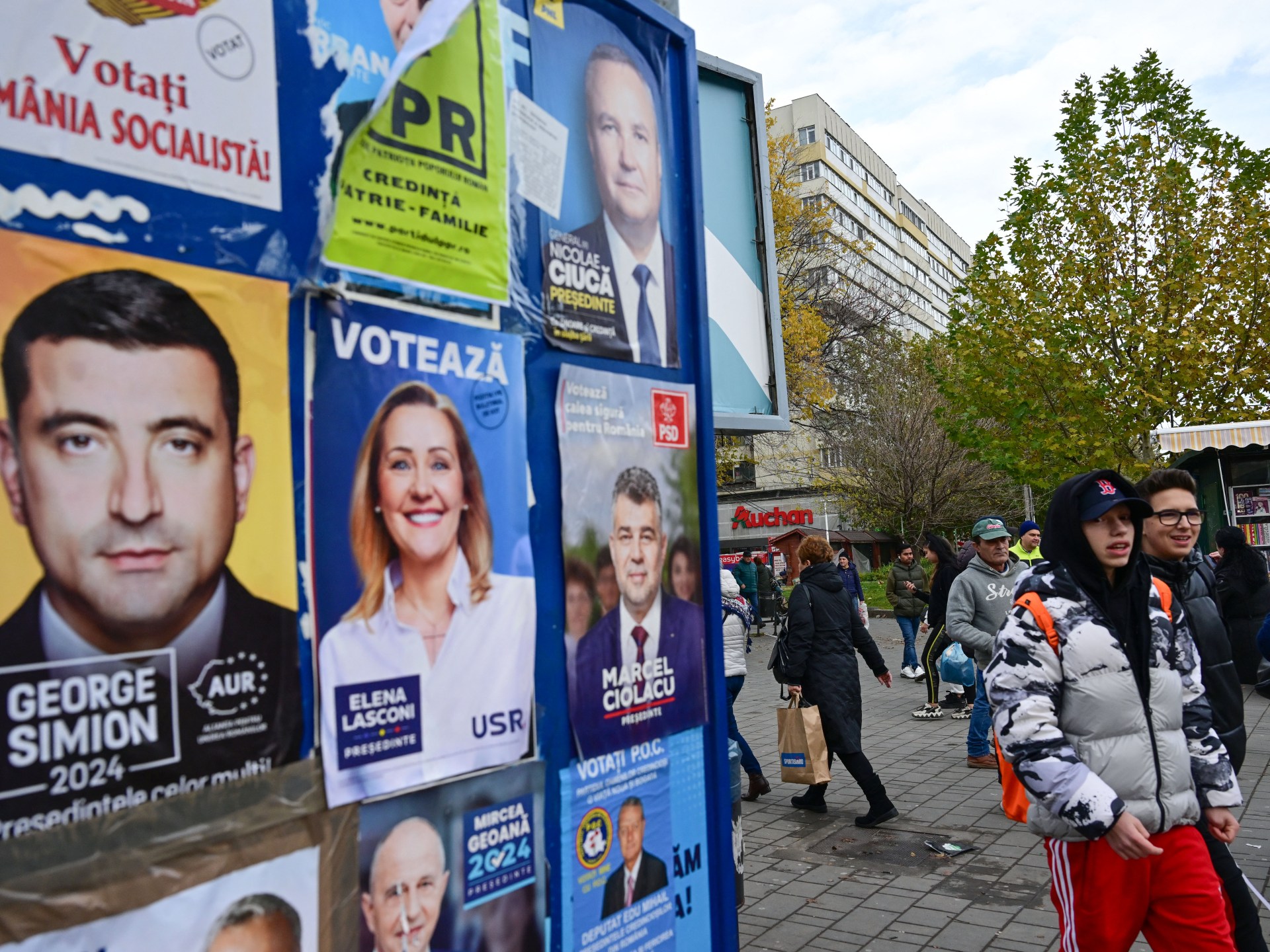A year into Javier Milei’s presidency, Argentina’s poverty hits a new high
 07 December 2024
07 December 2024


The soup kitchen is run by the Union of Informal Economy Workers (UTEP), an organisation that represents employees without contracts or in unregulated industries.
Those employees make up close to half of Argentina’s workforce. And poverty among the group is high: Close to 66 percent are considered impoverished.
But groups like UTEP have repeatedly clashed with Milei’s government over the past year, as government funds have dwindled.
Once Milei took office, UTEP says the government stopped sending food supplies to its soup kitchens, which had been standard practice before.
Without assistance from the federal government, the soup kitchens struggled to meet demand, according to UTEP organisers. They turned instead to support from local governments and individual donations.
“Finding donations is a struggle, so it feels like we have to make magic to cook for more people with the same amount of ingredients. This feels worse than during the pandemic,” said Laura Gotte, 50, one of the soup kitchen’s coordinators.
She noted that public demand was outstripping supplies, as poverty has increased. “Last year, we used to make 13 large pots [of food] three times a week. Now we cook 23 large pots, and it’s still not enough.”
In February, UTEP sued Milei’s administration to force it to deliver an estimated 6,000 tonnes of food being stored in government warehouses. In October, a federal judge ruled in UTEP’s favour, but the food has yet to be delivered, as the case is being appealed.

Milei and his allies, meanwhile, have accused the soup kitchens of corruption, without offering proof.
Advocates said Milei has taken a combative approach to social outreach programmes, even as the increasing poverty rate heightens demand for their services.
“There’s a demonisation of social organisations and of women in particular,” said Fernanda Miño, 49, a community leader from La Cava, a marginalized neighbourhood in the greater Buenos Aires area.
Before Milei took office, Miño was in charge of a federally funded programme to improve infrastructure in underdeveloped areas. Its work included building homes, paving roads and installing water, electricity and sewage service.
But funding for the programme was cut after Milei accused Miño of corruption this year. Since then, a government investigation has found no irregularities in her work.
Nevertheless, in October, armed federal police entered Miño’s house, allegedly looking for a stolen vehicle. She said the raid was part of ongoing government harassment.
“They attack us because we are women and because we are poor,” said Miño, sitting in the living room of her home in La Cava. “I resent the fact that they think that because we are women from the barrios we cannot do anything other than stir a soup pot, that we can’t lead projects.”
Related News

How big was Donald Trump’s 2024 election victory?

Israel pounds Gaza and Lebanon, as US says Hezbollah truce deal is ‘close’

Far-right in strong position as Romania votes in presidential election
